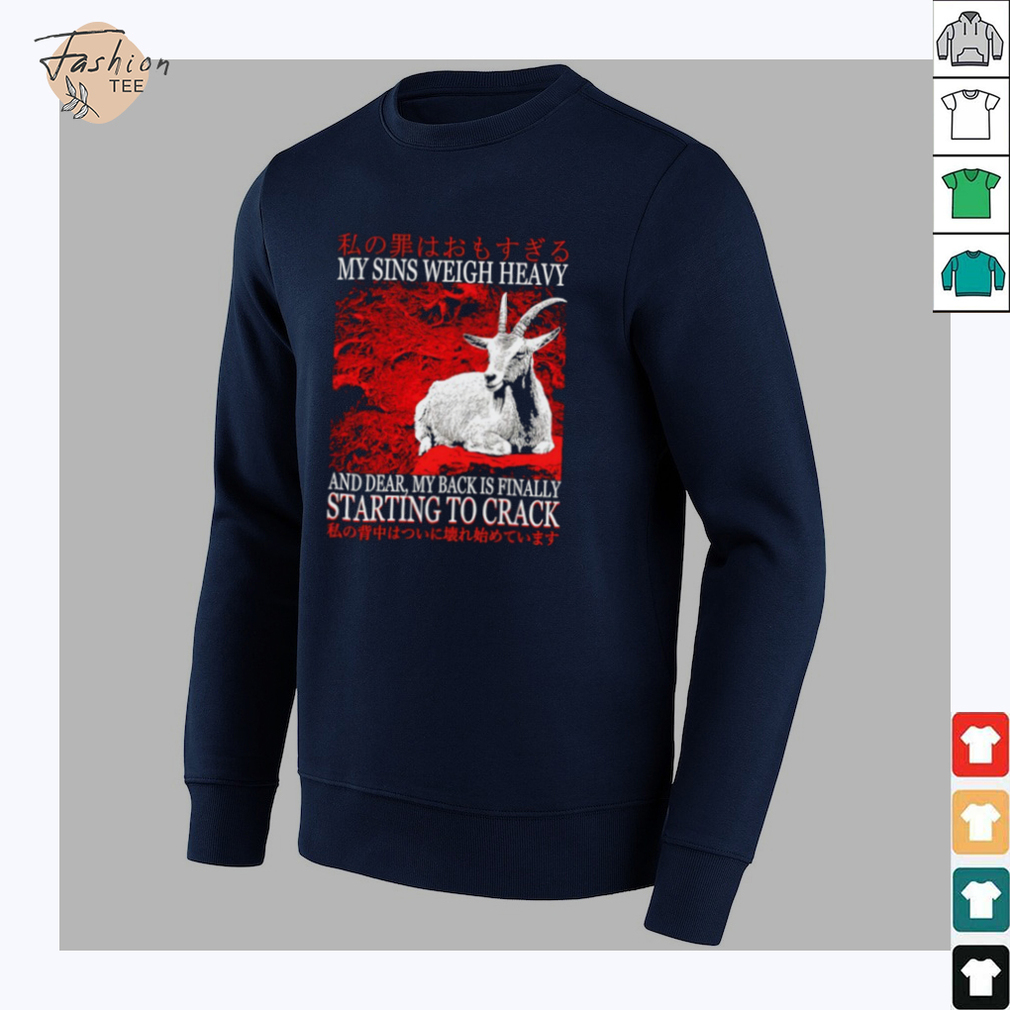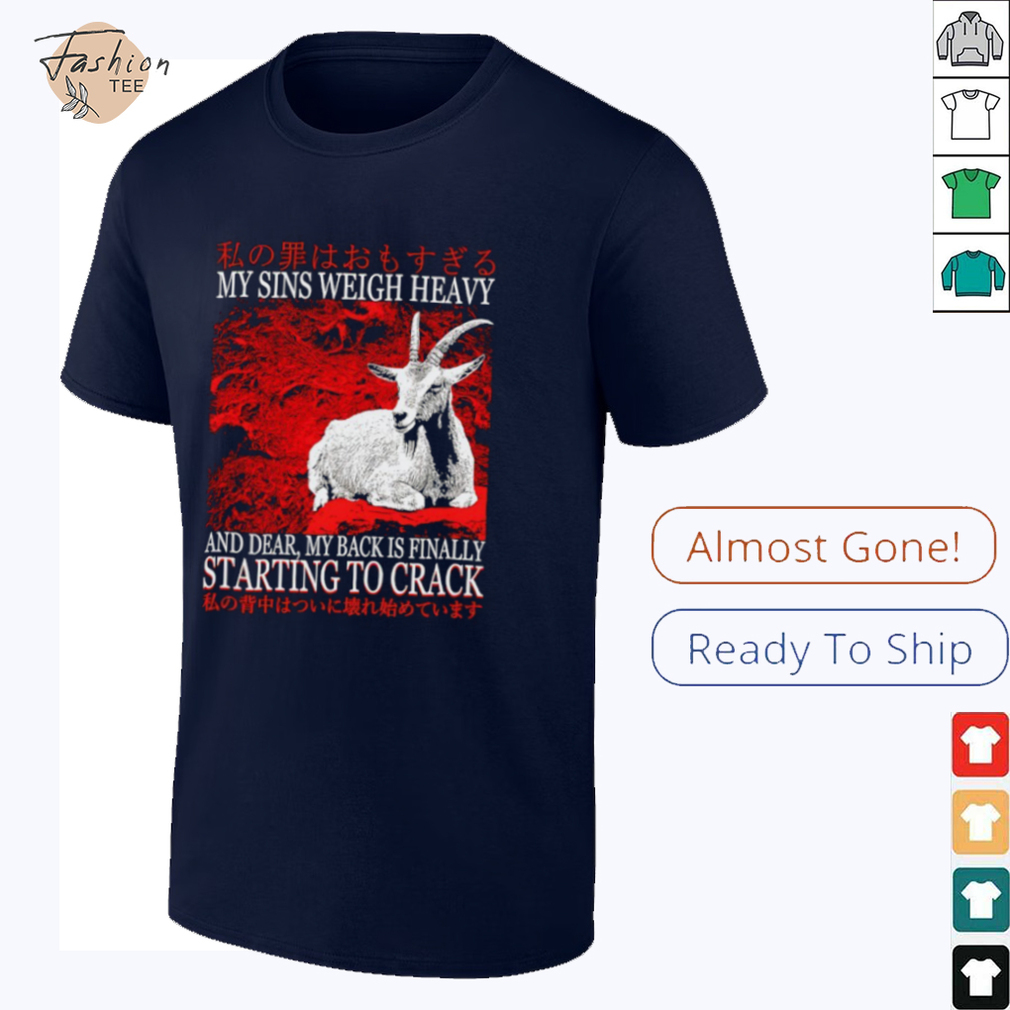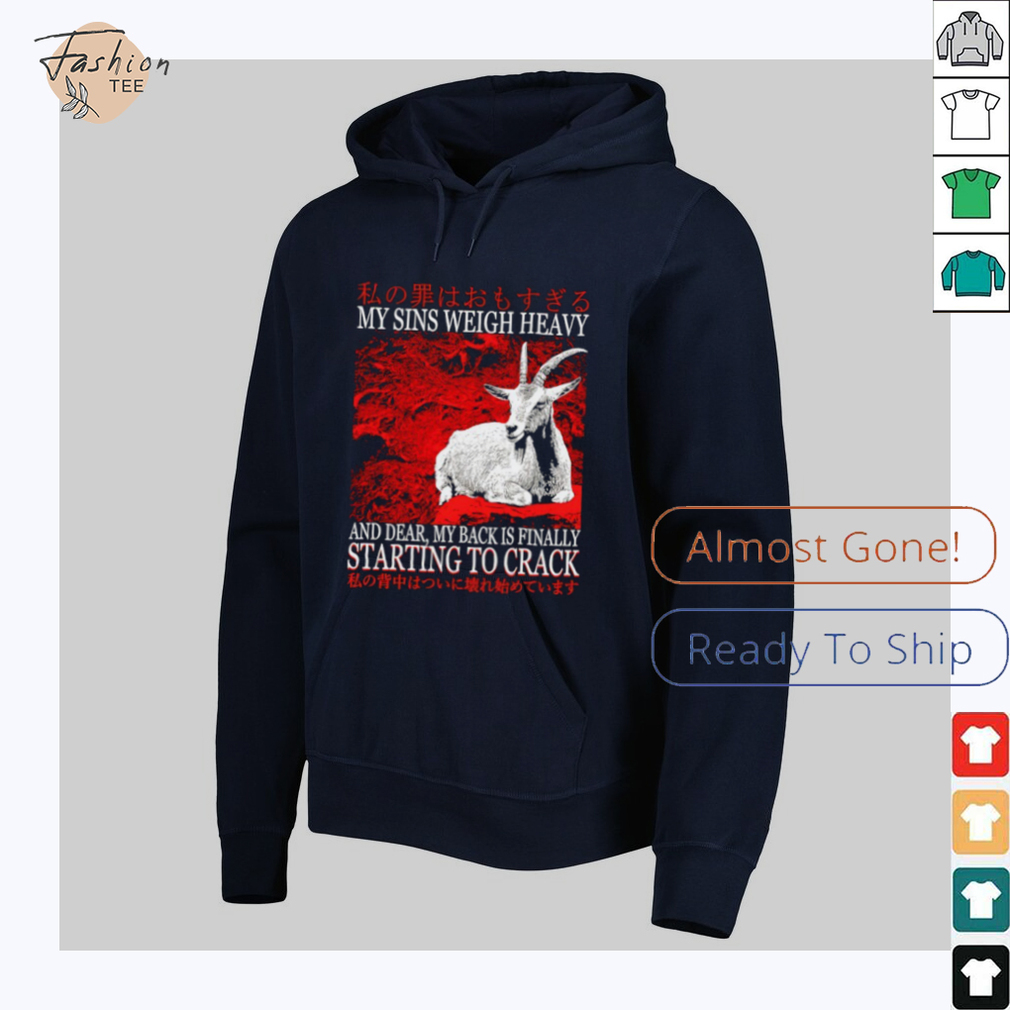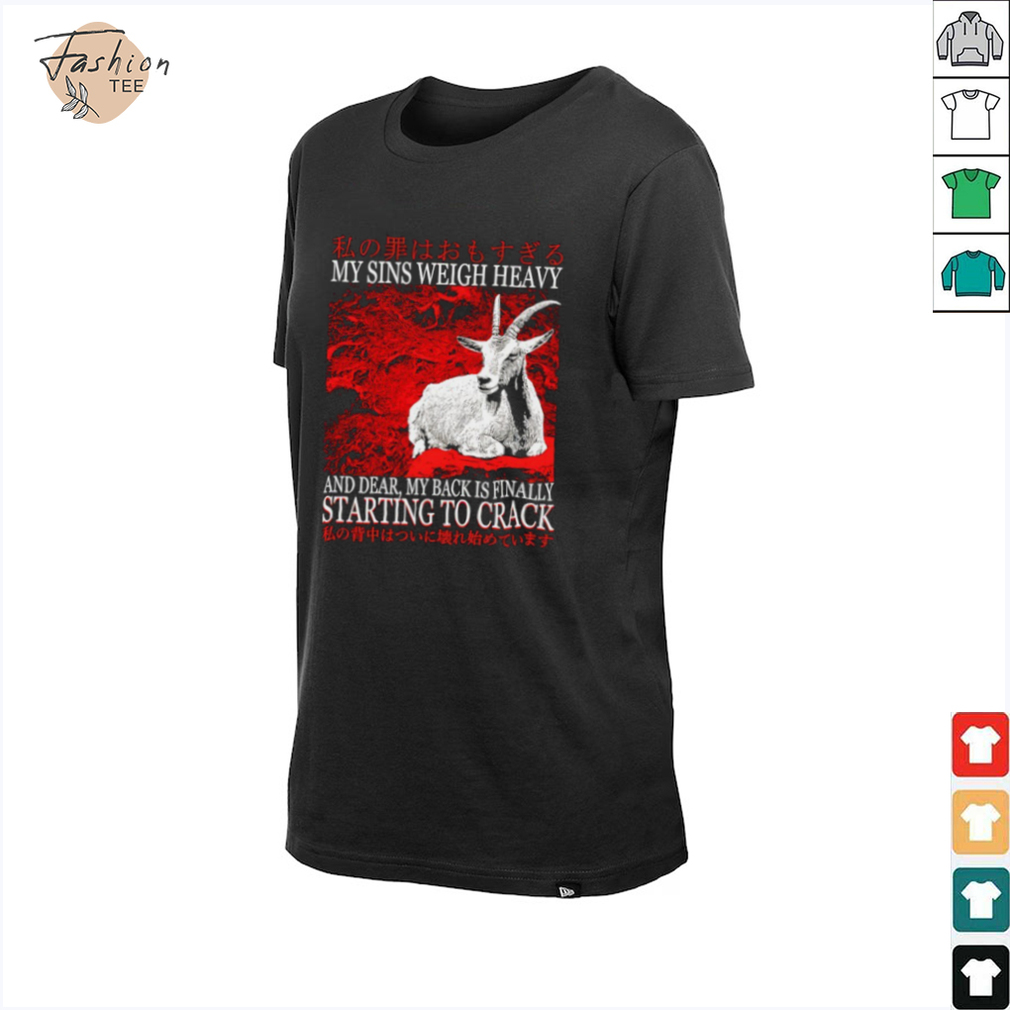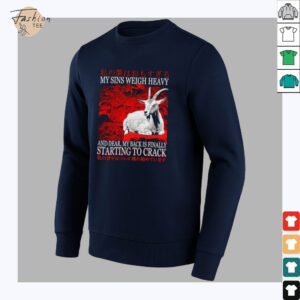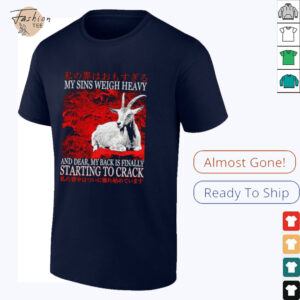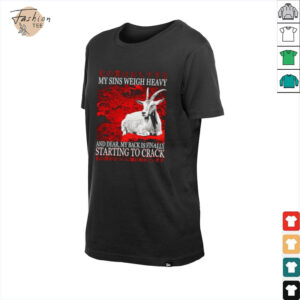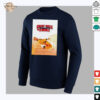“My Sins Weigh Heavy and Dear, My Back is Finally Starting to Crack” Japanese Shirt: A Deep Dive into Melancholy Humor
In a world often saturated with bright, optimistic messages, a shirt that embraces a more introspective, even darkly humorous, tone stands out. The phrase “My sins weigh heavy and dear, my back is finally starting to crack” on a “Japanese shirt” is a captivating example of this, blending profound introspection with a touch of weary resignation and an aesthetic that often resonates with the melancholic beauty found in certain Japanese art forms or philosophical expressions. This shirt isn’t just clothing; it’s a statement, a mood, and an invitation to reflect on the burdens we carry and the toll they take. But what makes this seemingly somber declaration so appealing, and how does its “Japanese shirt” context add layers of depth and intrigue?
—
The Weight of “Sins” and the Universal Burden
The core of the shirt’s message lies in the poetic imagery of “sins” weighing “heavy and dear.” While “sins” can imply moral transgressions, in this context, it broadly refers to burdens – regrets, past mistakes, responsibilities, or even the cumulative weight of life’s experiences. The word “dear” adds a poignant touch, suggesting that these burdens, despite their weight, are somehow cherished or integral to the wearer’s identity and journey. This resonates universally; who among us hasn’t felt the metaphorical weight of life pressing down? It acknowledges the internal struggles many face, offering a moment of shared understanding through a candid, almost vulnerable, declaration. It’s a surprisingly honest expression of existential weariness.
—
The Cracking Back: A Metaphor for Breaking Point
The second part of the phrase, “my back is finally starting to crack,” is a powerful, visceral metaphor for reaching a breaking point. It evokes physical strain, exhaustion, and the culmination of long-held burdens. This imagery is highly relatable, tapping into the feeling of being overwhelmed or at the precipice of collapse. Despite its seemingly somber tone, there’s a subtle defiance or resignation in the “finally starting to crack” part – a recognition of the inevitable. It’s a bold admission of vulnerability, yet presented with a stoic, almost poetic, acceptance. This raw honesty is often what draws people to such an expressive piece of apparel. If you like to zoom in this way, you can also refer to some popular designs that use evocative metaphors or powerful imagery to convey complex emotions.
—
The “Japanese Shirt” Context: Aesthetics of Melancholy and Reflection
The “Japanese shirt” aspect of the title suggests an aesthetic that often complements profound or introspective statements. Japanese design, from traditional art to modern streetwear, frequently employs minimalist elegance, stark contrasts, and often incorporates Kanji characters, which can add layers of meaning or visual texture. The combination of such a poignant English phrase with a Japanese aesthetic might evoke themes often explored in Japanese literature, film, or philosophy, which often delve into themes of transient beauty, the weight of destiny, or the quiet suffering that accompanies life. This blend creates a unique appeal, making the shirt not just a humorous or dark statement, but a piece with artistic and cultural resonance. For more variety, you can pair it with a fan favorite model that uses a similarly expressive, albeit very different, emotional outburst or bold statement.
—
Wearing Your Inner Monologue: A Statement of Depth and Connection
The “My sins weigh heavy and dear, my back is finally starting to crack” Japanese shirt is for those who aren’t afraid to wear their introspection and humor on their sleeve. It’s a statement that connects with others who understand the deeper, often unsaid, challenges of life. By choosing such a design, the wearer signals a thoughtful, perhaps even poetic, personality that appreciates raw honesty and the complex interplay of life’s burdens and fleeting joys. It’s a conversation starter that goes beyond superficial banter, inviting deeper connection and understanding. As fashion continues to embrace more nuanced and personal expressions, shirts that articulate complex emotional landscapes will undoubtedly continue to gain popularity. What deep, humorous truth would you want to see on a shirt?

